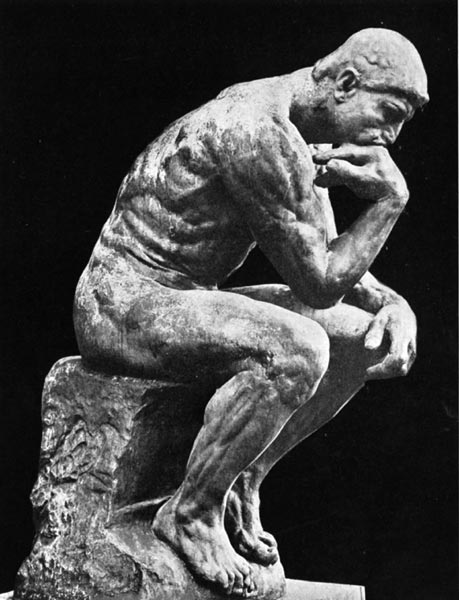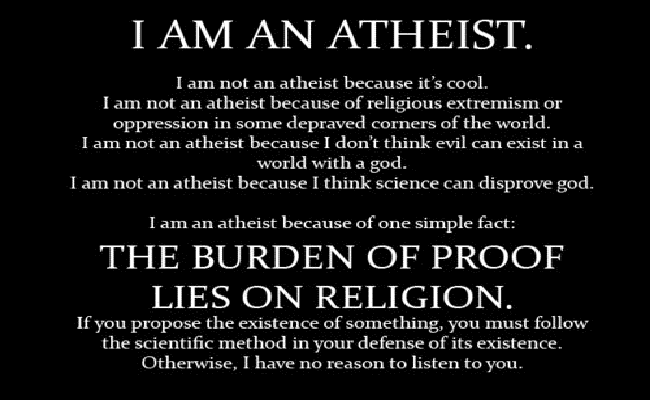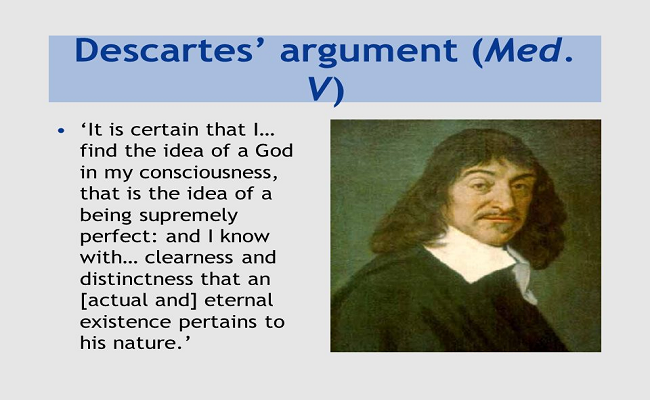Attitude and behavior are two distinct psychological constructs that are often used interchangeably, but they have some key differences.
Attitude refers to a person’s overall evaluation of something, such as an object, person, or idea. It is a cognitive component that influences how a person thinks and feels about something. Attitudes are formed based on a person’s experiences, values, and beliefs, and they can be positive, negative, or neutral. Attitudes can also be changed or influenced through persuasion or exposure to new information.
Behavior, on the other hand, refers to the actions or responses that a person exhibits in a given situation. It is the observable aspect of a person’s thoughts, feelings, and attitudes. Behavior is shaped by a variety of factors, including personality, culture, social norms, and past experiences.

One key difference between attitude and behavior is that attitudes are internal and cognitive, while behavior is external and observable. This means that attitudes are subjective and can only be inferred by a person’s words or actions, while behavior is objective and can be directly observed by others.
Another key difference is that attitudes tend to be more stable over time, while behavior can vary depending on the situation. This is because attitudes are based on a person’s values and beliefs, which tend to be more enduring and less influenced by external factors. Behavior, on the other hand, is influenced by a variety of situational factors, such as social norms, expectations, and rewards, and can change accordingly.
There is also a relationship between attitude and behavior, known as the attitude-behavior consistency principle. This principle suggests that a person’s behavior is generally consistent with their attitudes, but there are exceptions to this rule. For example, a person may have a positive attitude towards exercise, but may not consistently engage in physical activity. This inconsistency may be due to a variety of factors, such as lack of motivation or time, competing priorities, or conflicting values.
Despite these differences, attitude and behavior are often related and can influence each other. For example, a person’s behavior can influence their attitudes, such as through the process of self-perception. When a person engages in a certain behavior, they may infer their own attitudes based on their actions. Similarly, a person’s attitudes can influence their behavior, as they are more likely to engage in actions that are consistent with their beliefs and values.
In conclusion, while attitude and behavior are two distinct psychological constructs, they are related and can influence each other. Attitude refers to a person’s overall evaluation of something, while behavior refers to the actions or responses that a person exhibits in a given situation. Attitudes are internal and cognitive, while behavior is external and observable. Attitudes tend to be more stable over time, while behavior can vary depending on the situation. There is also a relationship between attitude and behavior, known as the attitude-behavior consistency principle, but there are exceptions to this rule.




 Friend is someone who can sing your song in your heart when every time you forget the lyrics.
Friend is someone who can sing your song in your heart when every time you forget the lyrics.

